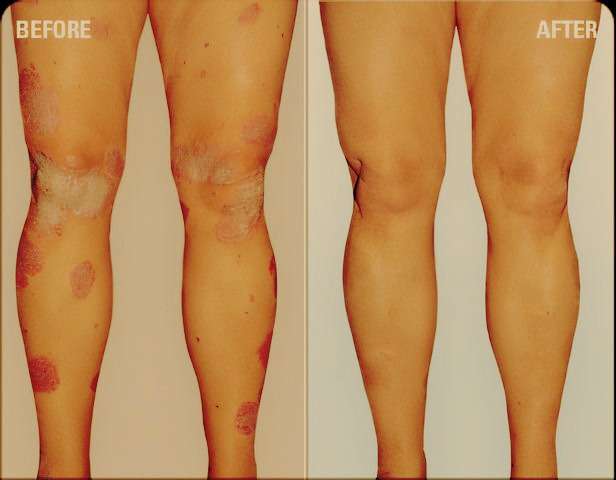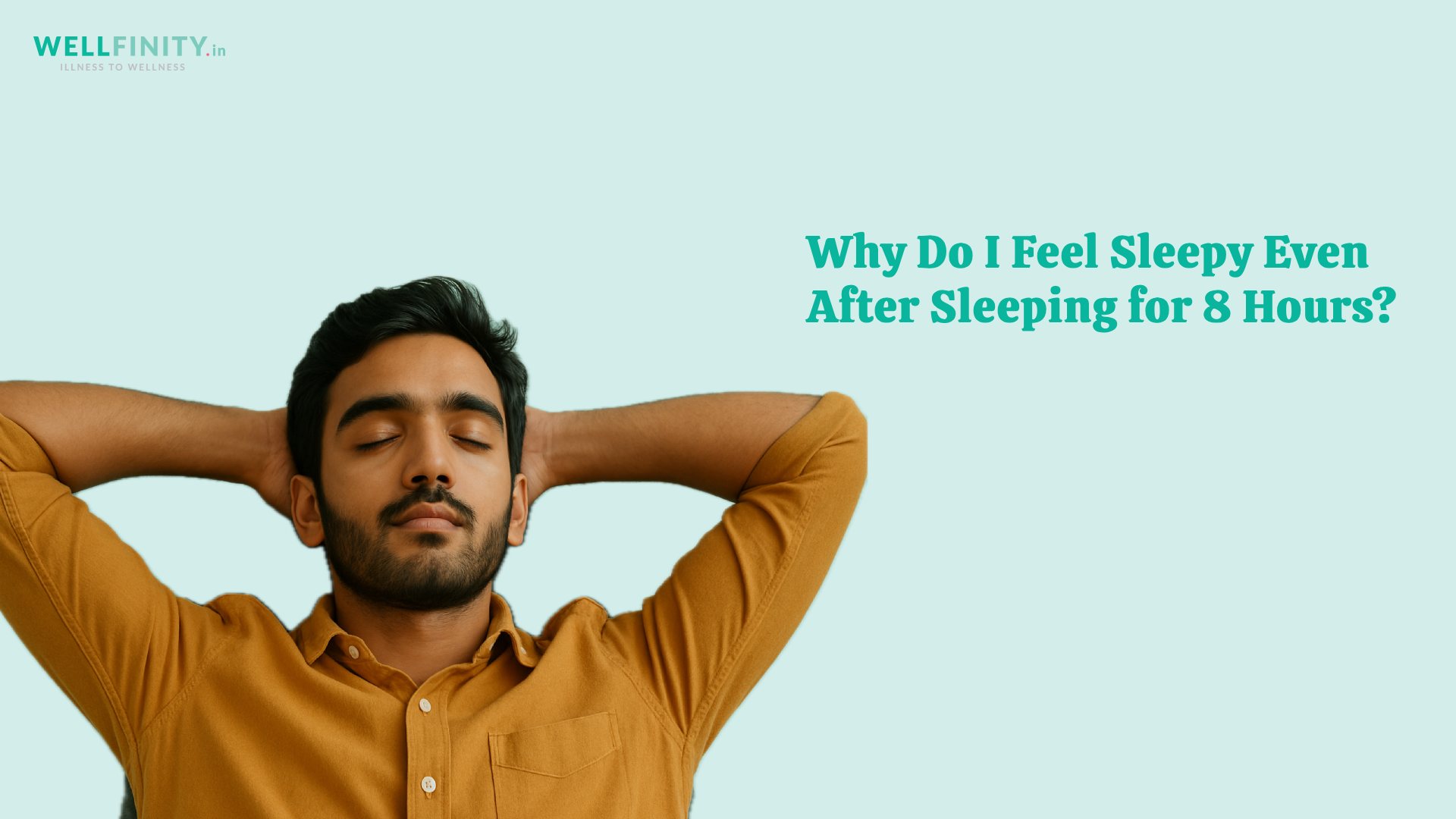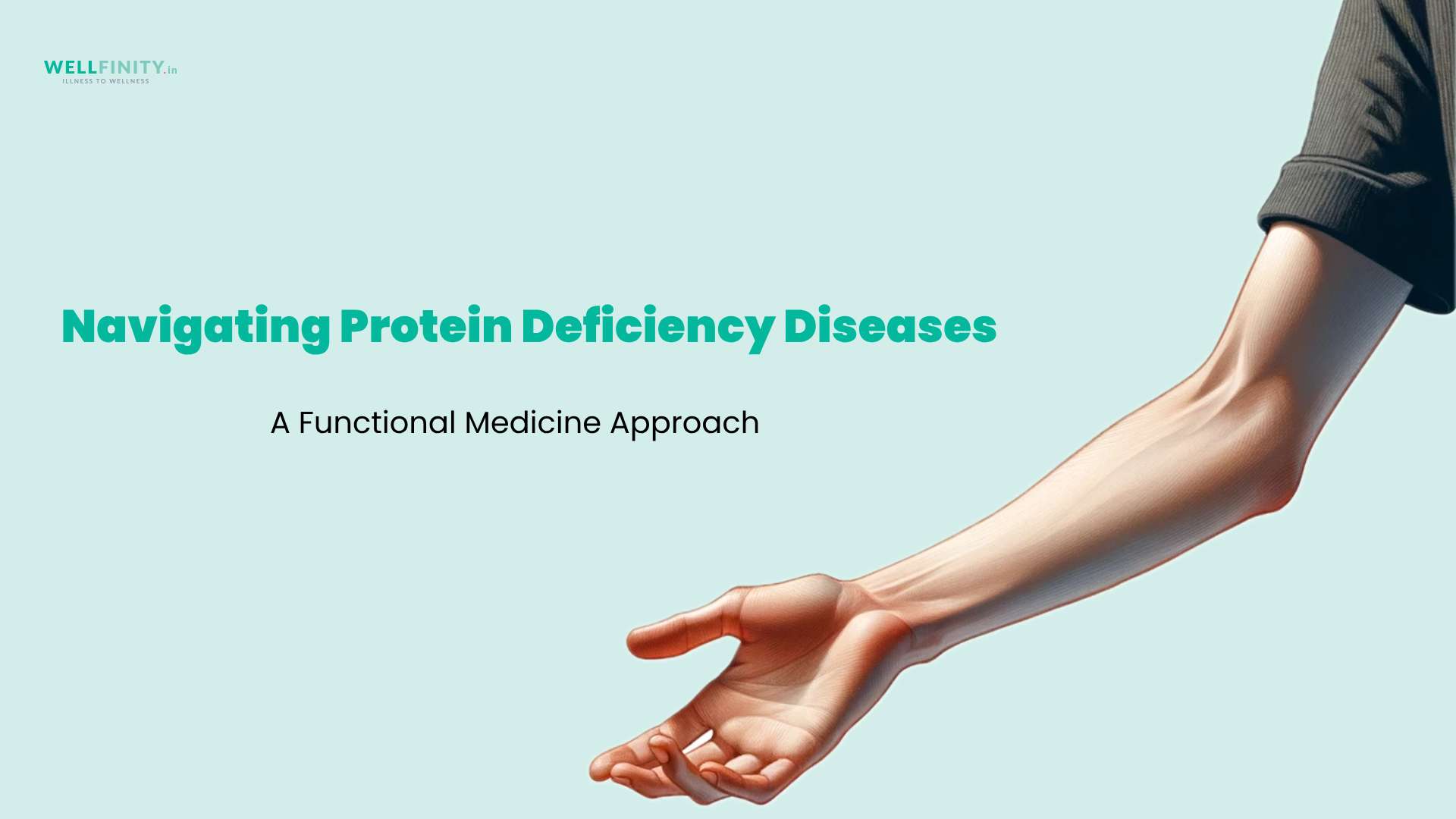Last week, Shibani dragged herself out of bed after what she thought had been a solid eight hours of sleep.
She had gone to bed at a reasonable hour, avoided late-night scrolling, and even used her favourite lavender pillow spray.
Yet, by mid-morning, she was yawning through her work calls. Her eyelids were heavy, and her coffee was barely making a dent.
“Why am I so tired?” she wondered, in her frustration.
What Shibani did not know is that persistent sleepiness is a common complaint, and it’s often not just about how long you sleep but why your sleep isn’t restorative.
From lifestyle habits to underlying health conditions – in this blog, we will unravel the reasons behind this perplexing fatigue and explore how to wake up truly refreshed.
The Science of Sleep Quality vs. Quantity
Sleep isn’t just about the hours you log, it’s also about the quality of sleep in those hours.
‘Sleep duration’ refers to the total time spent asleep, with adults needing at least seven hours per night for optimal health. On the other hand, ‘sleep quality’ is about how restorative your sleep is.
‘Quality’ sleep involves falling asleep within 20-30 minutes, staying asleep with minimal awakenings, and spending at least 85% of your time in bed actually sleeping.
It also means cycling through the right balance of sleep stages, particularly REM (Rapid Eye Movement) and deep sleep, which are critical for mental and physical restoration.
Sleep occurs in cycles, each lasting about 90 minutes. This comprises of light sleep, deep sleep, and REM sleep.
Deep sleep is dominant in the first half of the night and is the most restorative stage of the sleep cycle. It plays a critical role in physical repair, immune system strengthening, and muscle and tissue regeneration through the release of growth hormone.
Deep sleep also supports cognitive function, including memory consolidation, mental clarity, and focus, by allowing the brain to reset and clear waste via the glymphatic system. Moreover, it’s essential for metabolic health, helping to stabilize blood sugar levels, prevent insulin resistance, and regulate appetite hormones like leptin and ghrelin.
Consistently achieving enough deep sleep leaves you feeling refreshed, energized, and more resilient to illness and daily stressors.
REM sleep is more prevalent later. It supports memory consolidation and emotional processing. Disruptions like frequent awakenings, can rob you of these vital stages.
Waking up multiple times early in the night may reduce deep sleep, leaving you physically drained. Late-night disturbances can cut into REM sleep, making you feel mentally foggy. These interruptions fragment sleep, lowering its efficiency, and leaving you tired despite “enough” hours.
Potential Causes of Persistent Sleepiness
Persistent sleepiness, or excessive daytime sleepiness, can stem from various factors. The salient ones are as follows:

Poor Sleep Hygiene
Your sleep habits play a massive role in how rested you feel. Irregular bedtimes disrupt your circadian rhythm – the internal clock that regulates sleep and wakefulness. Using electronic devices before bed is another culprit.
The blue light from screens suppresses melatonin – the hormone that signals it’s time to sleep. A noisy, bright, or overly warm bedroom can also prevent deep, continuous sleep.
Even consuming caffeine after 2 p.m. or engaging in stimulating activities like intense exercise close to bedtime can keep your brain wired when it should be winding down.
Sleep Disorders
Conditions like sleep apnoea, restless legs syndrome (RLS), and insomnia can sabotage sleep quality. Obstructive sleep apnoea (OSA), involves repeated breathing pauses during sleep due to airway blockage, causing awakenings and oxygen dips.
Symptoms include loud snoring and gasping, although up to 90% of sufferers remain undiagnosed. RLS triggers an urge to move the legs, often with uncomfortable sensations like tingling, disrupting rest.
Insomnia – difficulty falling or staying asleep – affects 10% of people globally and can lead to non-restorative sleep. Narcolepsy – a neurological disorder – causes sudden sleep attacks and excessive daytime sleepiness.
If you suspect a sleep disorder, it would be advisable for you to consult a functional medicine practitioner for a holistic, integrative and sustainable solution instead of just popping sleeping pills or melatonin supplements.
Circadian Rhythm Sleep Disorders
Your circadian clock, which drives daily rhythms like sleep and wake times, can fall out of sync with the external day-night cycle. This misalignment is akin to a permanent jet lag and makes it hard to fall asleep or wake up at socially conventional times.
Shift workers or those with irregular schedules are particularly prone to this disorder and suffer from daytime fatigue and poor sleep quality.
Nutritional Deficiencies
What you eat affects how you sleep. Deficiencies in iron, vitamin D, B vitamins (B3, B6, B9, B12), or magnesium can sap energy and disrupt sleep.
For example, low vitamin D is linked to insomnia and sleep apnoea, while B12 deficiency can shorten sleep duration.
Magnesium supports melatonin production and muscle relaxation. Its absence may contribute to RLS or insomnia. A diet high in processed foods or sugar causes energy spikes and crashes, while dehydration exacerbates fatigue.
Chronic Stress and Mental Health
Chronic stress keeps your body in a “fight-or-flight” state, raising cortisol levels that disrupt the natural dip needed for sleep.
Anxiety and depression – often intertwined with stress – alter sleep architecture, reducing time in REM and deep sleep.
This leads to waking up unrefreshed, compounded by reduced physical activity or sunlight exposure, which further dampens energy. An integrative functional medicine practitioner can help evaluate and manage these mental health factors.
Sedentary Lifestyle
Lack of physical activity leads to muscle deconditioning, making daily tasks feel more taxing. It also weakens your circadian rhythm, as exercise (especially outdoors), helps synchronize it. Conversely, over-exercising without adequate recovery can drain energy. So, ‘balance’ is the key.
Lifestyle Habits and Chronic Diseases
Alcohol, nicotine, and excessive caffeine disrupt sleep cycles. Certain medications such as antidepressants or antihistamines, list fatigue as a side effect.
Chronic conditions like diabetes, heart disease, or respiratory issues, can impair sleep through symptoms like night-time urination or breathing difficulties. Autoimmune diseases (discussed below), also play a role.
How Autoimmune Conditions Affect Sleep
Autoimmune disorders like hashimoto’s, fibromyalgia, multiple sclerosis, lupus and rheumatoid arthritis often contribute to persistent fatigue. Hypothyroidism slows metabolism, reducing energy production and causing tiredness that rest doesn’t fix.

Fibromyalgia and Rheumatoid Arthritis, marked by widespread inflammation, pain and sleep disturbances, leaves sufferers exhausted despite adequate sleep time.
As noted in a National Institutes of Health study, autoimmune conditions drive systemic inflammation, with pro-inflammatory cytokines like IL-6 disrupting sleep architecture. This reduces deep sleep and increases awakenings, compounding fatigue.
Mental health challenges, common in autoimmune diseases, further impair sleep quality through worry or hyper-arousal.
Inflammation and immune deregulation are central culprits. Chronic inflammation alters sleep regulation, promoting sleepiness during illness but disrupting normal patterns when persistent.
Addressing these conditions requires professional guidance, which a holistic integrative functional medicine team of practitioners will be able to evaluate underlying health issues and tailor solutions to improve sleep and energy.
Tips to Improve Sleep Quality and Wake Up Refreshed
Transforming your sleep starts with practical, evidence-based changes. Here’s how to enhance sleep quality and banish daytime grogginess:

- Maintain a Consistent Sleep Schedule and Bedtime Routine: Go to bed and wake up at the same time daily – even on weekends – to stabilize your circadian rhythm. Create a 30 to 60 minute wind-down routine – such as reading a book, taking a warm bath, or meditating – to signal rest time. Practices like journaling your worries, or deep “belly breathing” can calm a racing mind.
- Create a Sleep-Friendly Environment: Keep your bedroom dark with blackout curtains, quiet with earplugs or white noise, and cool (16 to 20°C). Remove electronics at least 5 feet from your bed and unplug Wi-Fi to minimize sleep disruptions.
- Reduce Stimulants: Avoid caffeine after 2 p.m., as it can linger for 4-6 hours, delaying sleep onset. Limit screen time 1-2 hours before bed to prevent melatonin suppression; use blue light filters if unavoidable.
- Engage in Regular Physical Activity: Moderate exercise – like a 30-minute walk – reduces stress and aligns your circadian rhythm, especially when done outdoors. Avoid intense workouts close to bedtime to prevent overstimulation.
- Consider Dietary Changes: Eat tryptophan-rich foods like kiwi, cherries, nuts, and fish to boosting melatonin production. Avoid heavy meals 2-3 hours before bed. Opt for light dinners with proteins, fats, and vegetables. Stay hydrated and limit alcohol or sugary foods, which impair sleep quality.
- Use Smart Gadgets Sparingly: Wearable trackers like Oura Ring, Apple Watch, Google Pixel Watch and Fitbit, or non-wearable devices like Google Nest Hub can monitor sleep stages, but prolonged Wi-Fi/Bluetooth exposure may disrupt sleep. Use them short-term to assess patterns.
Additional holistic tips include rubbing lavender oil on your feet, drinking chamomile tea an hour before bed, castor oil packs, or trying weekly massages to relax your body. Ayurvedic practices like placing cotton in your ears to balance the nervous system, may also help.
Give your mind rest before sleep by doing a brain dump of worries, setting a calming intention or prayer, and practicing 3 minutes of deep belly breathing to shift from stress to relaxation.
When to Seek Professional Help
If sleepiness persists despite these changes, it’s time to dig deeper. Consult a doctor if:
- Fatigue interferes with daily activities.
- You experience frequent headaches, brain fog, or irritability.
- You suspect a sleep disorder such as snoring/gasping which suggests sleep apnoea, or an underlying condition like hypothyroidism.
Wellfinity’s team of functional medicine doctors and clinicians offers comprehensive evaluations to identify root causes and provide personalized recommendations, ensuring you address both sleep and overall health.
Feeling sleepy after eight hours of sleep isn’t just frustrating, it’s a sign that something’s off. Whether it’s poor sleep hygiene, a hidden sleep disorder, nutritional gaps, or an autoimmune condition, the culprit often lies beyond mere sleep duration.
For Shibani, Wellfinity’s team of doctors provided a lifeline. Through a comprehensive evaluation, they identified her undiagnosed sleep apnoea, lifestyle disorders and low vitamin D levels. Based on this, they crafted a personalized plan for her that included aligning to the circadian rhythm, dietary adjustments, precision supplements, and a tailored sleep routine. Within weeks, Sarah was waking up energized, her morning yawns a thing of the past.
By embracing consistent schedules, optimizing your sleep environment, managing stress, and making dietary tweaks, you too can reclaim restful nights and energized days.
Don’t let persistent fatigue hold you back. Schedule a consultation with Wellfinity’s experts to uncover the root of your sleep struggles – and unlock a vibrant, refreshed you.
Your body – and your morning coffee – will thank you.



